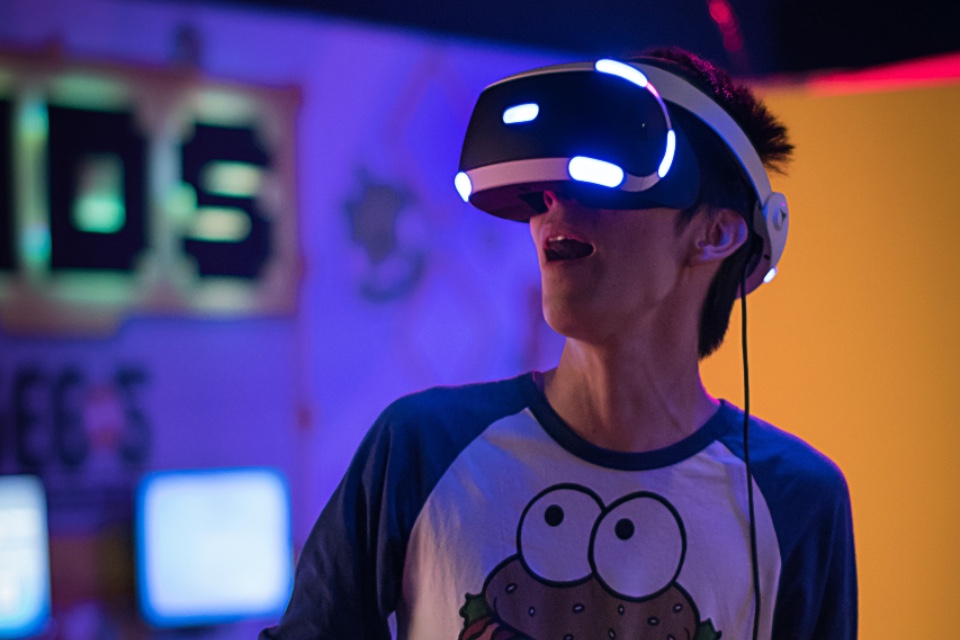Immersive technologies set for ‘transformative impact’ across sectors
The growing demand for immersive experiences is transforming how people engage with content and their environment, offering captivating virtual worlds and enhancing education, training, and various sectors like healthcare, consumer, retail, automotive, travel & tourism and games.
That’s according to Saurabh Daga, Associate Project Manager of Disruptive Tech at GlobalData, who summarised the firm’s latest report by saying: “The demand for platforms infused with technologies like AR, VR, and mixed reality has been growing across sectors due to their ability to enhance training, consumer experiences, and operational efficiency. In healthcare, they enable realistic medical simulations, boosting skills and safety. E-commerce benefits from interactive product visuals, enhancing decision-making. The automotive sector uses them for design, manufacturing, and customer engagement. In travel & tourism, they enrich tourist experiences. Moreover, immersive platforms are finding greater use in industrial sectors bridging the divide between physical and digital for enterprises.”
GlobalData’s “Immersive enterprise: the sector impact of alternative reality technologies” report delves into over 60 real-life implementations of immersive technologies. The report categorizes these implementations based on the end-use sectors and use cases.
GE Healthcare partnered with medtech company MediView XR to create the OmnifyXRTM Interventional Suite System, which will integrate mixed reality solutions into medical imaging. The resultant platform combines augmented reality visualization, remote collaboration, and clinical insights with medical imaging using spatial computing and mixed reality. This collaboration aims to advance the use of augmented reality in clinical settings for improved patient care and medical interventions.
Nestle uses VR for product development, creating and testing virtual prototypes in the metaverse. This streamlines the process, tracks key metrics, and gauges consumer reactions. The consumer goods company has also applied VR to optimize Purina’s pet food division’s shelving and merchandising.
Mercedes-Benz has integrated AR glasses into its Vision One-Eleven concept car. These AR glasses enhance the driving experience by overlaying real-time information, navigation, and contextual data onto the driver’s field of view, creating an immersive heads-up display. This technology aims to improve situational awareness, offer dynamic navigation guidance, and introduce greater interactivity in the vehicle.
Daga concluded: “Advanced immersive platforms are poised to revolutionize various sectors. While these technologies offer substantial benefits in training, consumer engagement, and operation streamlining, challenges like high costs, hardware limitations, and data security need to be addressed. Nonetheless, by combining with emerging technologies like AI, enterprises can overcome these challenges, leading to a more engaging and efficient future.”

